Marital agreement
According to the New Civil Code, the future spouses can opt for the regime of separation of property or for the conventional community regime. If the future spouses do not conclude a marital agreement, the legal regime of community of property applies to them by law.
The marital agreement concluded between the future spouses may be amended, revoked, replaced and changed at any time until the conclusion of the marriage, subject to the provisions on compliance with the formalities of publicity.
The matrimonial property regime thus chosen can only be changed after 1 year from the date of the marriage ceremony.
All marital agreements, as well as their amendments, will be submitted by the notary public to the National Notarial Register of Matrimonial Regimes in order to carry out the formalities of publicity.
Through the marital agreement one cannot derogate from:
- The principle of equality of rights between man and woman (in the sense that only one of the spouses manages all the assets);
- The non-patrimonial effects of marriage;
- The parental rights and duties (in the sense that only one of the spouses bears the costs of upbringing and education);
- The rules of devolution of legal succession (in the sense of changing the order of inheritance).
Types of matrimonial regimes:
- The separation of property;
- The conventional community;
- The legal community.
Choosing a family dwelling
The spouses can choose a dwelling as a family house through the marital agreement. In this case, the notary public has the obligation, after receiving the copy of the marriage certificate, to mention in the Land Register, if it is open, the encumbrance of family dwelling and to draw the attention of the spouses to the provisions of Article 322 of the Civil Code.
The preciput clause (pre-probate)
The spouses may agree that, in the event of the death of one of them, the surviving spouse will take over without payment, before the partition of the estate takes place, one or more of the joint assets held in common indivisible ownership or joint ownership.
Liquidation of the matrimonial property regime
Under Articles 319-320 of the new Civil Code, the matrimonial property regime is liquidated upon the dissolution of the marriage by divorce, upon the change of the existing matrimonial property regime or upon the death of one of the spouses. The liquidation is carried out by a notarial deed of liquidation or by court order (in case of disagreement).
List of required documents
- Identity card, temporary identity card, residence permit or passport for foreign citizens;
- Marriage certificate (for marital agreements concluded between spouses);
- The previous marital agreement (if any);
- Power of attorney (if one of the parties is represented by an attorney in fact).

